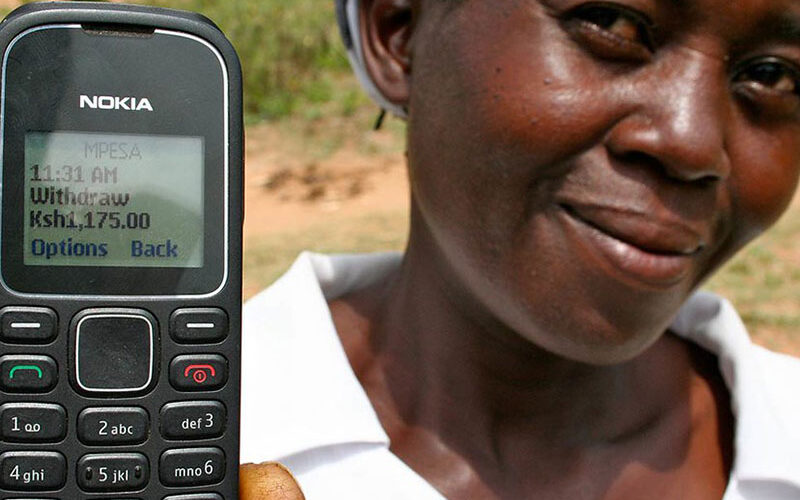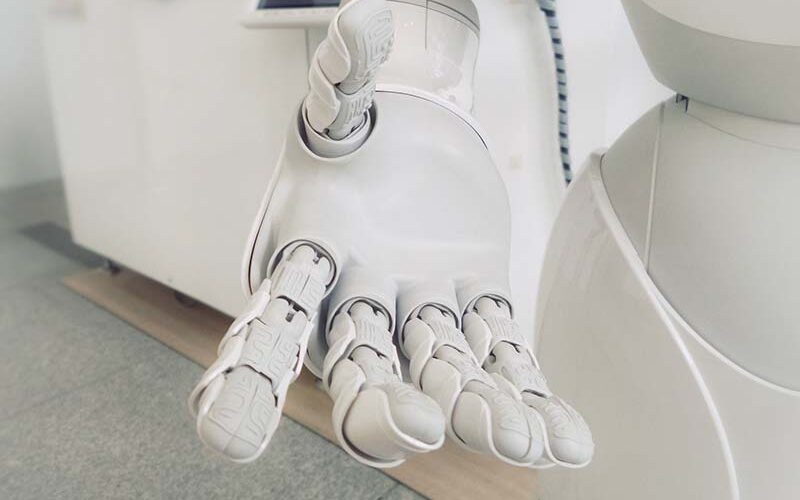
South African university students use AI to help them understand – not to avoid work
WHEN ChatGPT was released in November 2022, it sparked many conversations and moral panics. These centre on the impact of generative artificial intelligence (AI) on the information environment. People worry that AI chatbots can negatively affect the integrity of creative and academic work, especially since they can produce human-like texts and images. TANJA BOSCH, Professor in Media Studies and Production, University of Cape Town CHIKEZIE E. UZUEGBUNAM, Lecturer & MA Programme Coordinator, Rhodes University ChatGPT is a generative AI model using machine learning. It creates human-like responses, having been trained to recognise patterns in data. While it appears the model…



